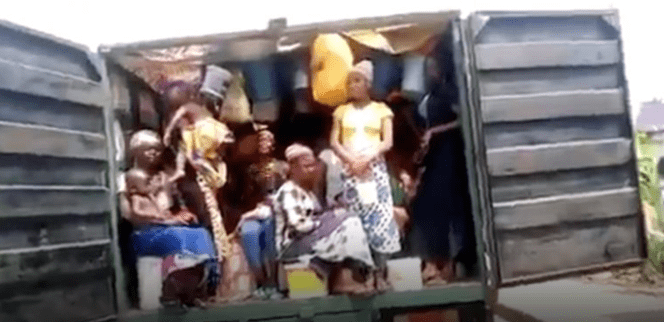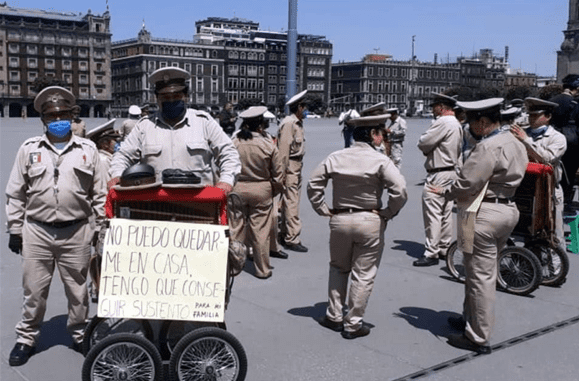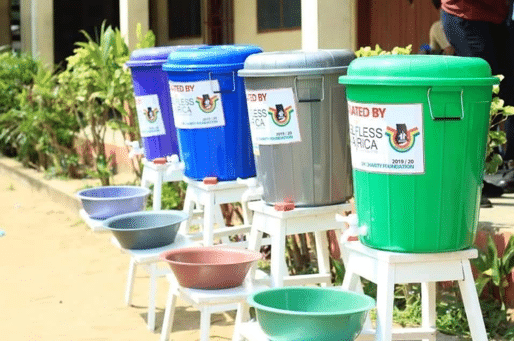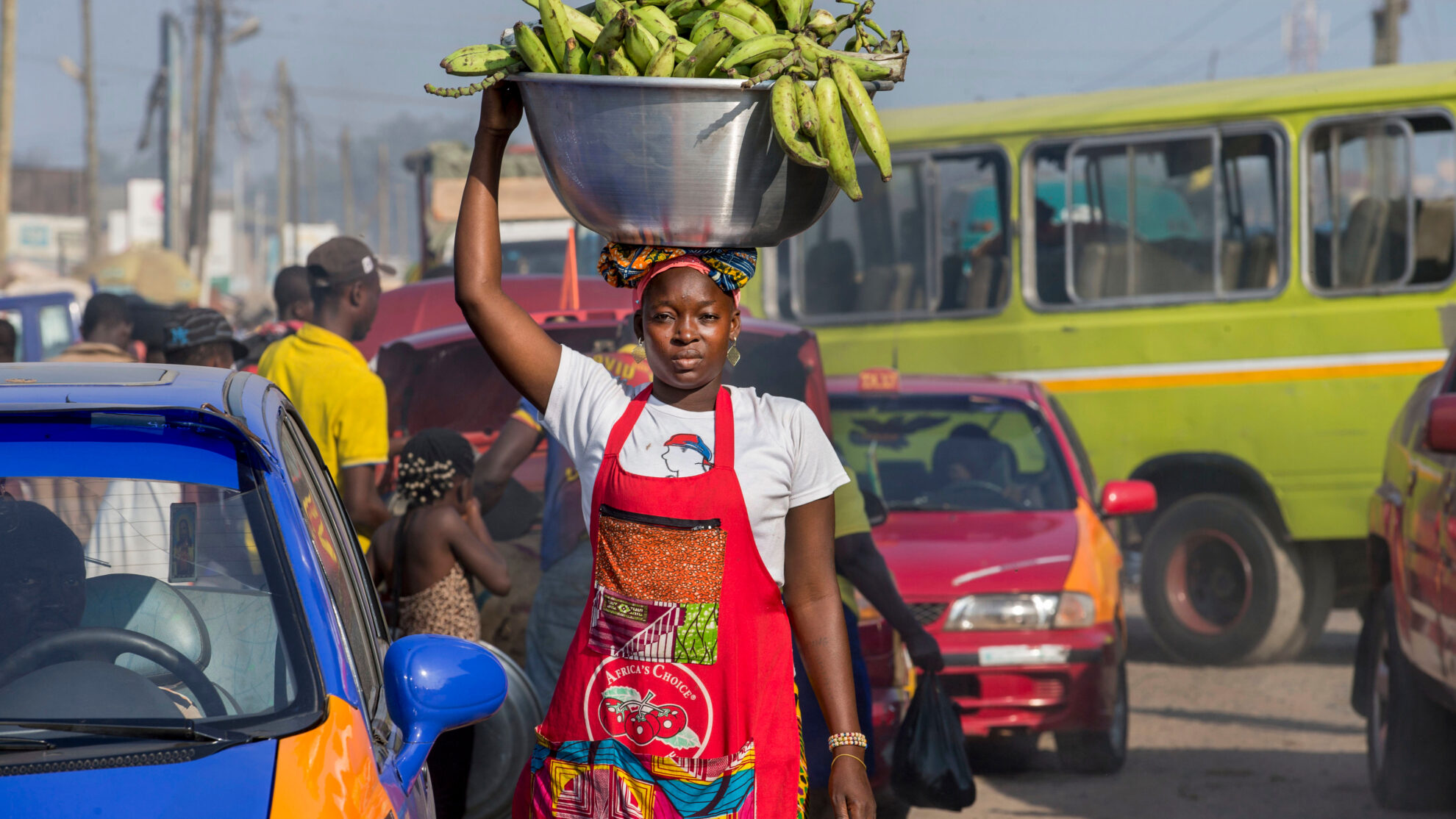Our last blog, “Informal workers on the frontlines of COVID-19: Providing critical services without adequate protections and pay” highlighted the stories of three essential informal workers striving to keep their communities fed, informed and clean during the COVID-19 crisis – without proper support. This piece expands on workers’ demands for how city governments should provide them the support they need now, as one step in the necessary process of creating a transformed social contract for the future.
This blog was developed in collaboration with WIEGO's Urban Policies Programme.
Decades of exclusionary planning is proving deadly for cities
The legacy of 21st century cities is fast becoming one of exclusion and vast inequality. In cities big and small across the globe, decisions about allocation of resources and space have been made on the basis of profit, not people — and the effects are proving disastrous.
As COVID-19 has tightened its grip on cities, the immense social and economic cost of this exclusionary status quo has been thrown into sharp relief. It is clear now that city governments are less equipped to address the dual health and economic crisis caused by COVID-19 because of an approach to urban planning and policy-making that has marginalized and exploited the working poor for decades, even as cities reaped benefits from their labour.
The current situation has laid bare the plight of informal workers, who account for the majority of urban workers in most cities of the Global South and who do not have the luxury of living on savings, retreating to home offices, or protecting themselves through social distancing. As the ILO reports, because of the existing inequalities that shape the work and lives of the world’s two-billion informal workers, they will experience the harshest health and economic impacts of COVID-19. But actions can be taken now to change that trajectory.
However, less attention has been paid to the critical role that cities should play in developing responses to support informal workers during the crisis and in building a foundation for more resilient and equitable urban systems in the future.
All eyes are currently on national governments to develop and deploy policies, such as income replacement measures, to support these workers through the crisis.
How cities can support informal workers now
The right solutions cannot just be imposed from the top down. Membership-based organizations (MBOs) of informal workers in WIEGO’s network have ideas for how cities could take steps to support them now. To start, city governments need to recognize that their labour and insights are vital resources in the crisis response.
They have treated us like the problem, but we are the solution.
1) Do no harm
Police harassment, stigma and scapegoating, xenophobia and class-based discrimination, and workplace evictions are commonplace for many informal workers. Unfortunately, it is already evident that in many cities the COVID-19 crisis is being used as a pretext to double down on, rather than remedy, this existing abuse.

For example, while wealthy Ghanaians returning from abroad were quarantined without cost in expensive hotels, migrant workers fleeing Accra for their home villages in cargo trucks were apprehended and turned back by the policeto a city where they have no means to meet basic needs during the lockdown. Informal workers in Delhi have reported violent retaliation from the police for working out of necessity, even when this work is permitted as an essential service. Police brutality has also been reported in Dakar, where long hours and transport restrictions make it difficult for informal workers to meet curfew.
As one street vendor leader, N’Dagou Dia, explained: “When you go [to work] you have problems coming home. All these people beat up by the police were informal workers who wake up early to work and go home in the evening.”
City governments must put an immediate stop to this violence as a first order commitment during the crisis.
2) Provide direct financial relief
Cities have a major role to play in getting cash into the hands of those who need it most right now. Even where income-replacement measures are being developed at the national level, municipal leaders have an opportunity to complement these measures, potentially reaching informal workers faster through actions that aim to both provide informal workers with liquidity and relieve debt burdens at the same time.

For example, national income replacement measures may take too long to reach those who need them, and they may leave out groups of informal workers whose earnings may, under normal circumstances, be only slightly higher than the income cut-off for assistance. Municipal governments could step in to fill these gaps by providing support more quickly and directly to urban informal workers through existing municipal registries or other measures.
As Lima newspaper vendor Juana Corman points out, cities must also be flexible about permit requirements and payments.
Additional support measures should be used to complement income replacement, including a full moratorium on rents paid to the city at places of work, for storage sheds, market stalls or vending space, for example.
Finally, some cities have launched zero-interest loan programs for small businesses — these could be extended to cover informal enterprises, as well.
3) Provide clear, accessible information
It’s becoming increasingly obvious that mainstream guidelines for COVID-19 prevention are completely irrelevant and inappropriate for the vast majority of the poor in cities of the Global South. Cities have a key role to play in quickly developing guidelines that are accessible and appropriate for groups who do not have access to running water for washing hands, for example, or who live and work in crowded settlements where it is not possible to self-isolate.

Informal workers could play important roles as public health ambassadors, given their proximity to the communities that need this information, especially in the context of misinformation campaigns that are targeting the most vulnerable. Interviews with MBO leaders in WIEGO’s Focal Cities show that they are using WhatsApp with member networks to combat dangerous misinformation, to share resources and to provide mutual aid and emotional support.
Cities could build on these existing efforts by working with organizations of informal workers to disseminate critical information about prevention and access to resources.
Where informal workers are still operating as essential workers, they could be paid to disseminate information and supplies directly to customers. In Washington D.C., for example, street vendors were paid by the city to disseminate guidelines and hand sanitizer.
4) Provide necessary protections
Guidelines and information mean nothing if the working poor do not have the means to follow them. Years of lack of investment in basic infrastructure services in markets have left informal workers, who are continuing to provide essential services, in dangerous environments.

Hand-washing stations and other water points must be provided in workplaces where informal workers are continuing to work and within communities where access to running water is limited or non-existent. However, this is a temporary measure —
However, this is a temporary measure — in the longer-term, cities must invest in the provision of basic sanitary infrastructure in informal workers’ places of work.
Cities must also ensure that essential informal workers — street vendors, waste pickers and others who are providing services to city residents on the frontlines — have adequate protective equipment and technical training on prevention.
5) Involve informal workers’ organizations in the response
Informal workers know best what their worker members and communities need to stay safe. Many informal workers’ organizations in the WIEGO Network have already mobilized to develop detailed platforms of needs and demands for cities to take into account in the crisis response — to protect both essential informal workers who are continuing to work through the crisis and those who have been asked to stay home and sacrifice their livelihoods.
For years, informal workers’ organizations have been trying to convince cities to treat them as knowledgeable and adept partners in the city-making process. Now is the moment for cities to take them up on the offer, and to create a foundation for collaborative urban governance that will be essential for navigating the crisis and beyond.
This intelligence from the ground is an enormous asset to cities who are struggling to care for diverse constituencies — and who can’t possibly have all the answers on what these constituencies need.
The crisis is a moment for transformation
Cities face unique risks in the context of COVID-19 because of their large populations and density, which are and have always been conducive to spreading contagion. Beyond COVID-19, the risk of health and environmental disasters wreaking havoc on cities in the future will only grow with the advance of climate change. But the density and heterogeneity that characterizes cities also represents an asset for building resilience in the face of future disasters.
The profit-driven capitalist approach to building and managing cities has repeatedly failed most people who live in them, especially the most vulnerable, and the informal economy has consistently “kicked in” to meet the needs of those left behind.
Informal workers already make cities more resilient by filling critical gaps in systems. Street vendors promote food security for economically vulnerable populations who cannot afford to shop in formal supermarket chains. Waste pickers are often the only source of waste collection available for informal settlements where private or municipal collection trucks cannot, or will not, go.
Systems are more resilient when there are redundancies — that is, where one system can kick in where another one fails.
This crisis can also be a moment for cities to think of transformations that begin addressing the structural inequalities that have left them so vulnerable to crisis in the first place.
This crisis can also be a moment
Street vendor leader Gloria Solórzano summarizes the challenge facing her city of Lima, saying, “We feel protected now by the measures that we are following, but not by the economic strategies of the government; we’re waiting. We will feel protected when the lockdown ends and the authorities show their intention to include us in the public policies of the city.”
Read all the latest news and information related to informal workers and COVID-19 in our crisis information hub.
Feature photo credit: Jonathan Torgovnik/Getty Images Reportage
Informal head load porter (or kayayei) Mamuna Mohammed carries bananas through Agbogbloshie Market, a thriving central market for fruits and vegetables in Accra.
